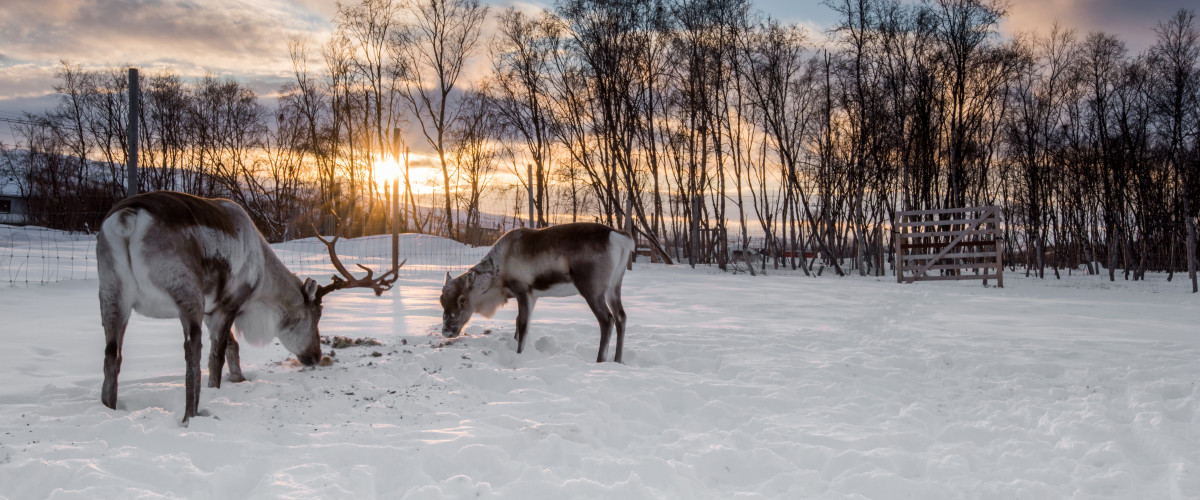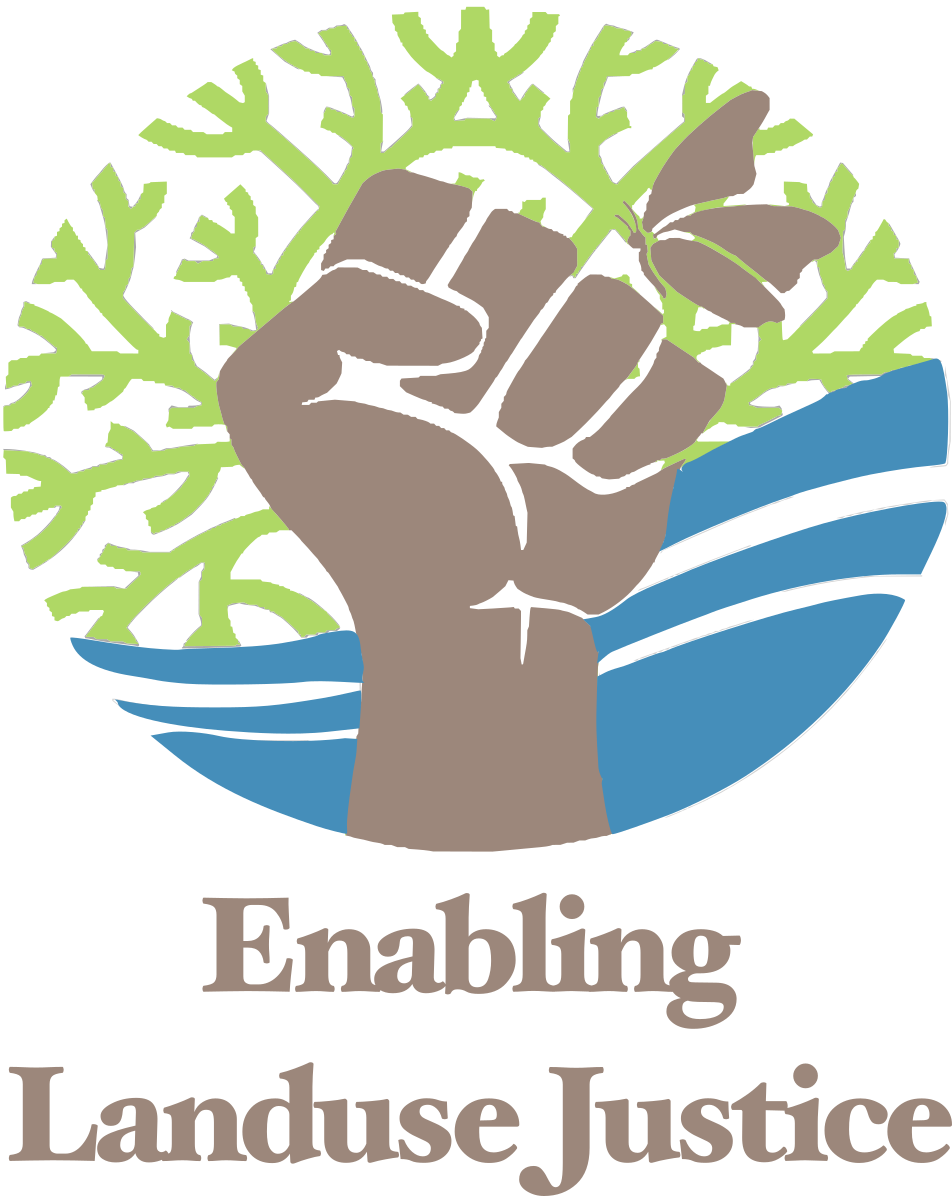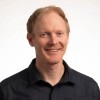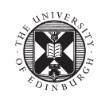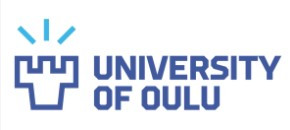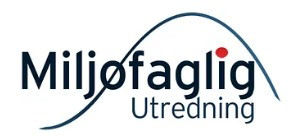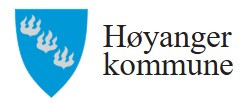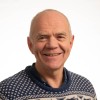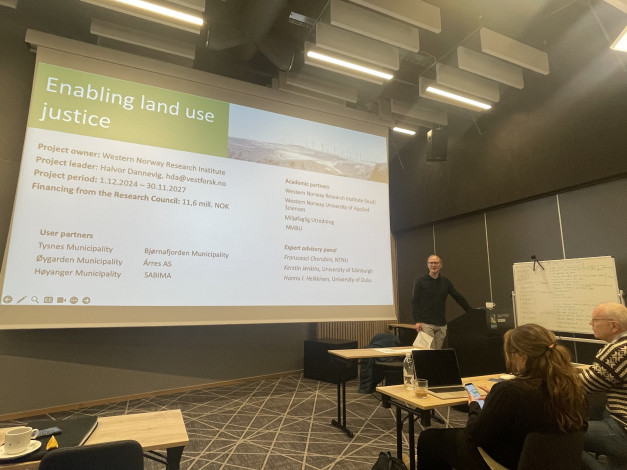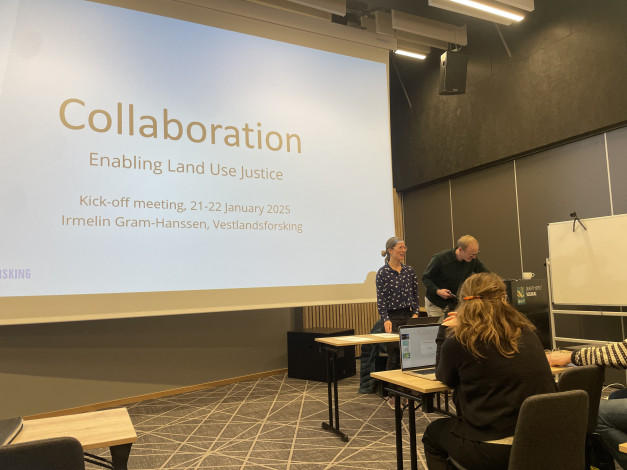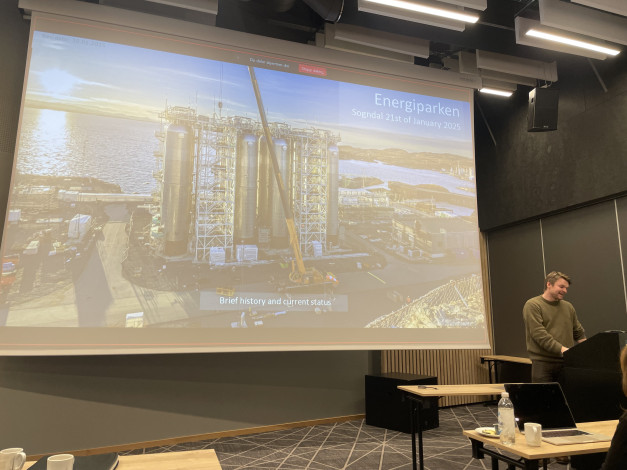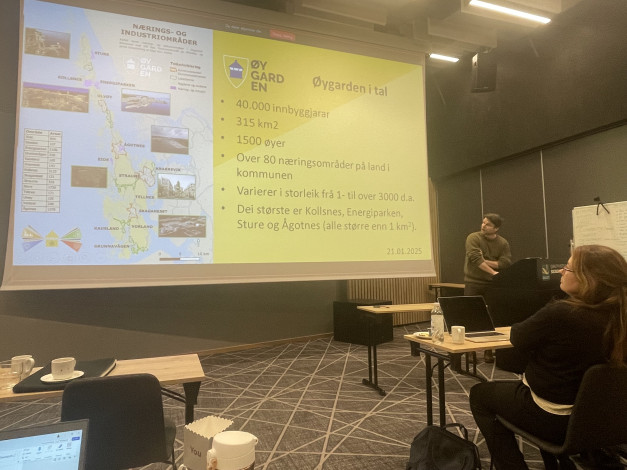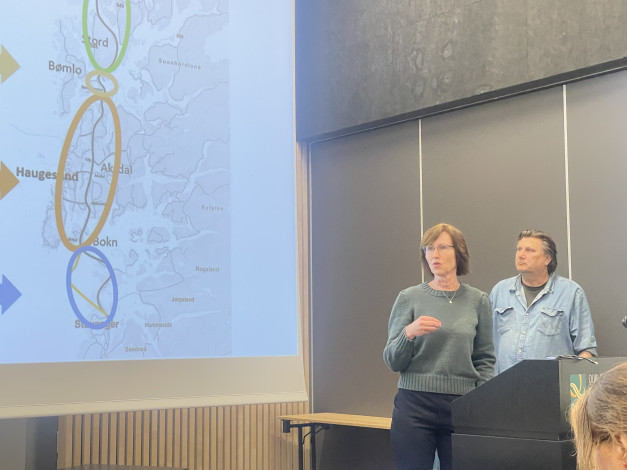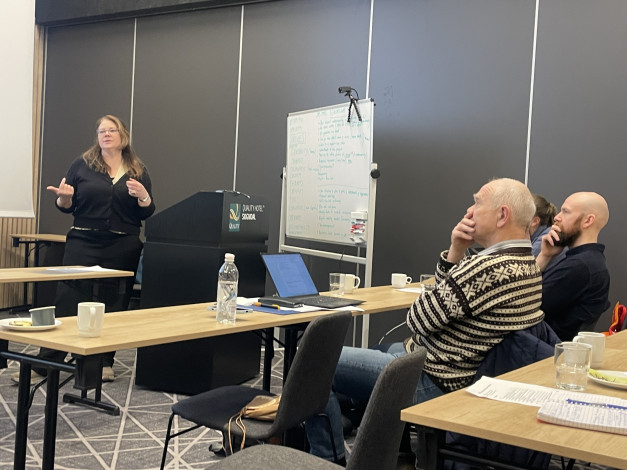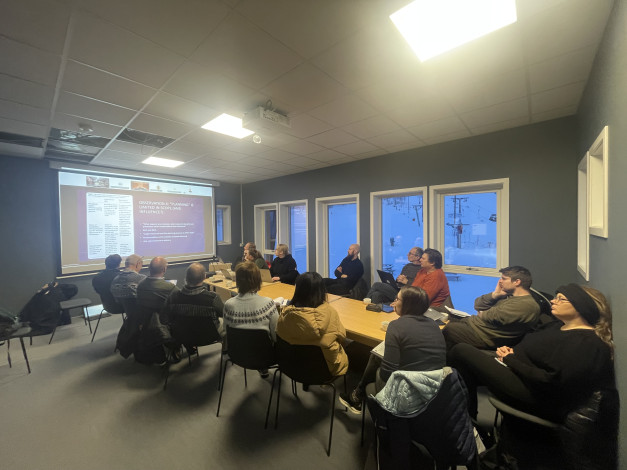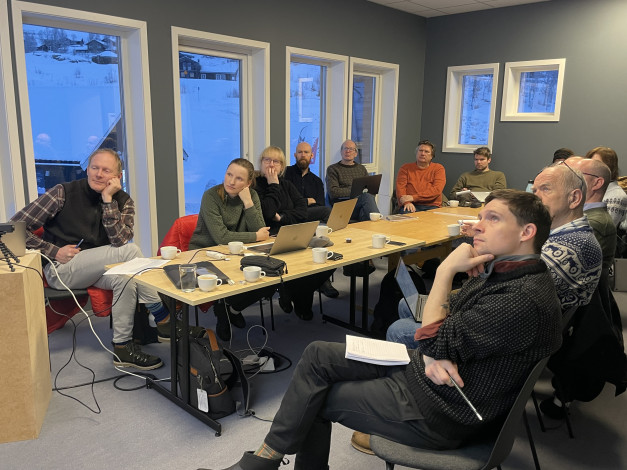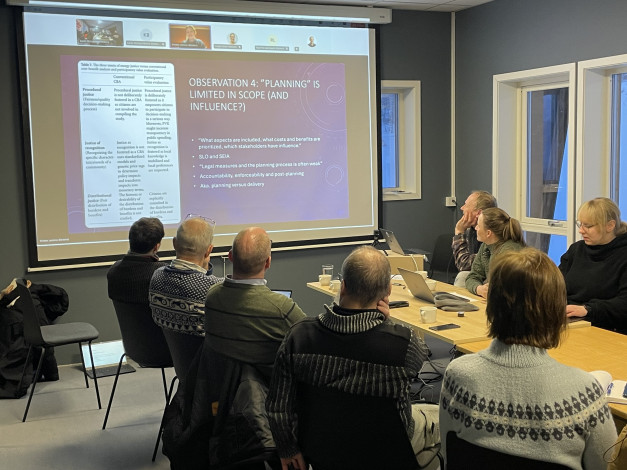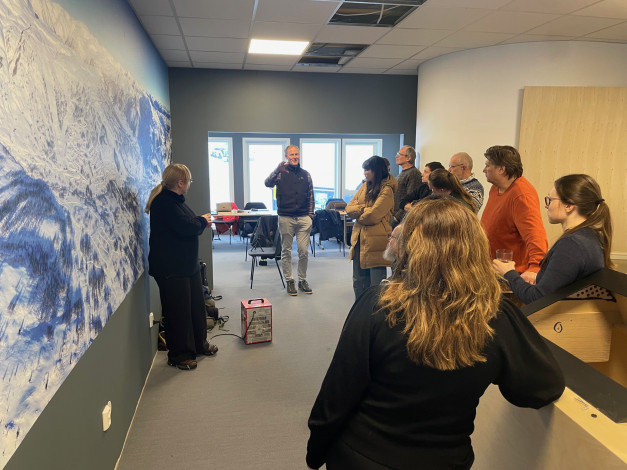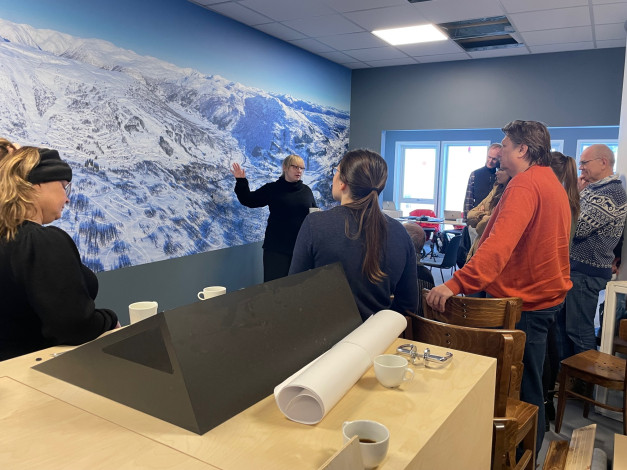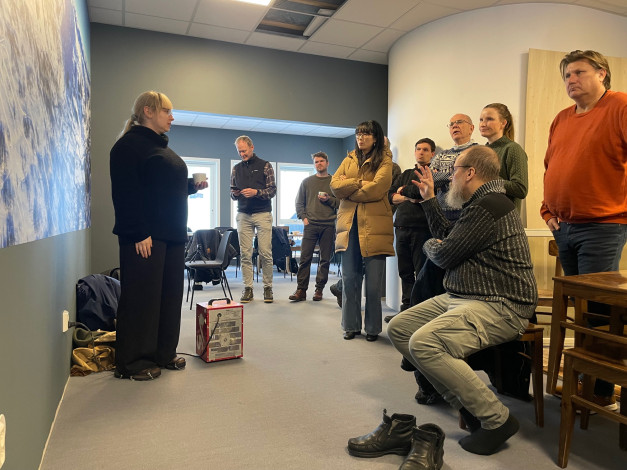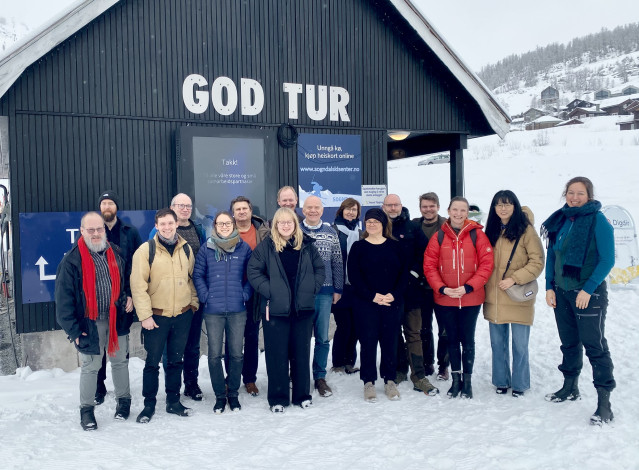We need to change the way we use land
Land use change is considered necessary for human welfare and the achievement of several of the Sustainable Development Goals. But land use change is also the main cause of the nature crisis, in addition to being amajor contributor to the climate crisis. Furthermore, land use change often results in land use conflict, due to conflicting views and competitive demands for the use of land of different groups of the population. In this sense, land use is ridden with conflicts between competing goals of sustainable development. Enabling sustainable and just land use warrants a fundamental shift in how diverse and competing values are accounted for in decision-making over land use.
Justice through a new framework
The purpose of ‘Enabling land use justice’ is to develop a framework to aid land use planning processes by establishing just principles for weighting and balancing conflicting interests between socio-economic-, environmental-, and justice concerns. The framework will incorporate principles for pluralistic valuations with theories of justice to help capture the dilemmas involved in public planning and trade-offs between different values and interests. By centering on values and justice, the framework will address some of the challenges inherent in land use change processes, including conflicting interests and goals, and help ensure that land use decisions carefully consider both their environmental and social impacts.
Roads, mountain cabins and energy infrastructure
We will apply the framework to five Norwegian cases of energy infrastructure development, road construction, and cabin development. We will analyse the knowledge base used in the planning process in each of the cases and evaluate the extent to which justice and value recognition have been considered. The framework will be made practically applicable for use in future land use change processes, thus holding the potential to support achieving society’s ambitious goal of simultaneously reducing biodiversity loss, mitigating climate change and ensuring a just and equitable life for all.
